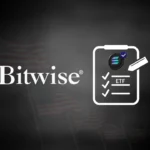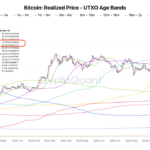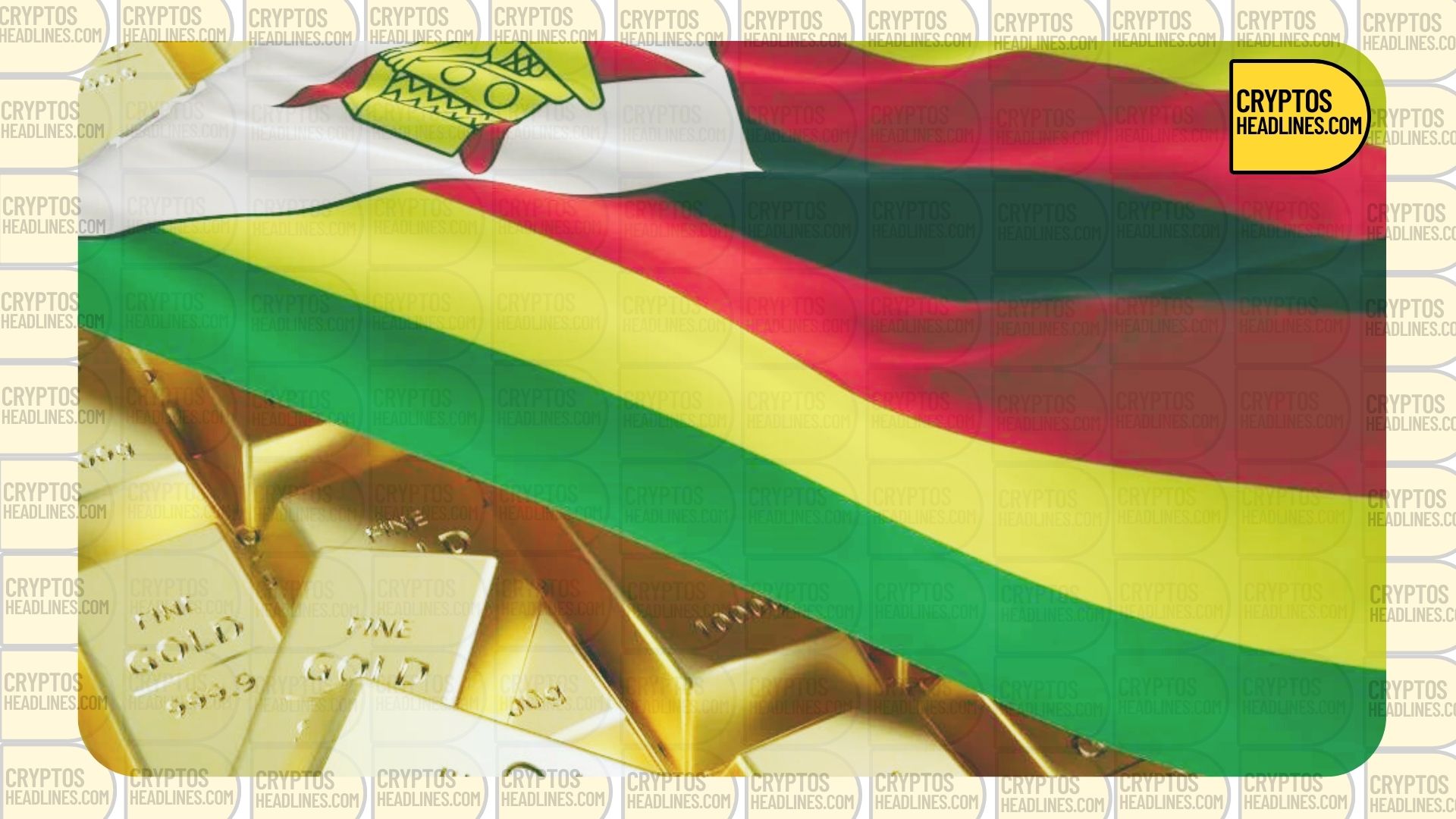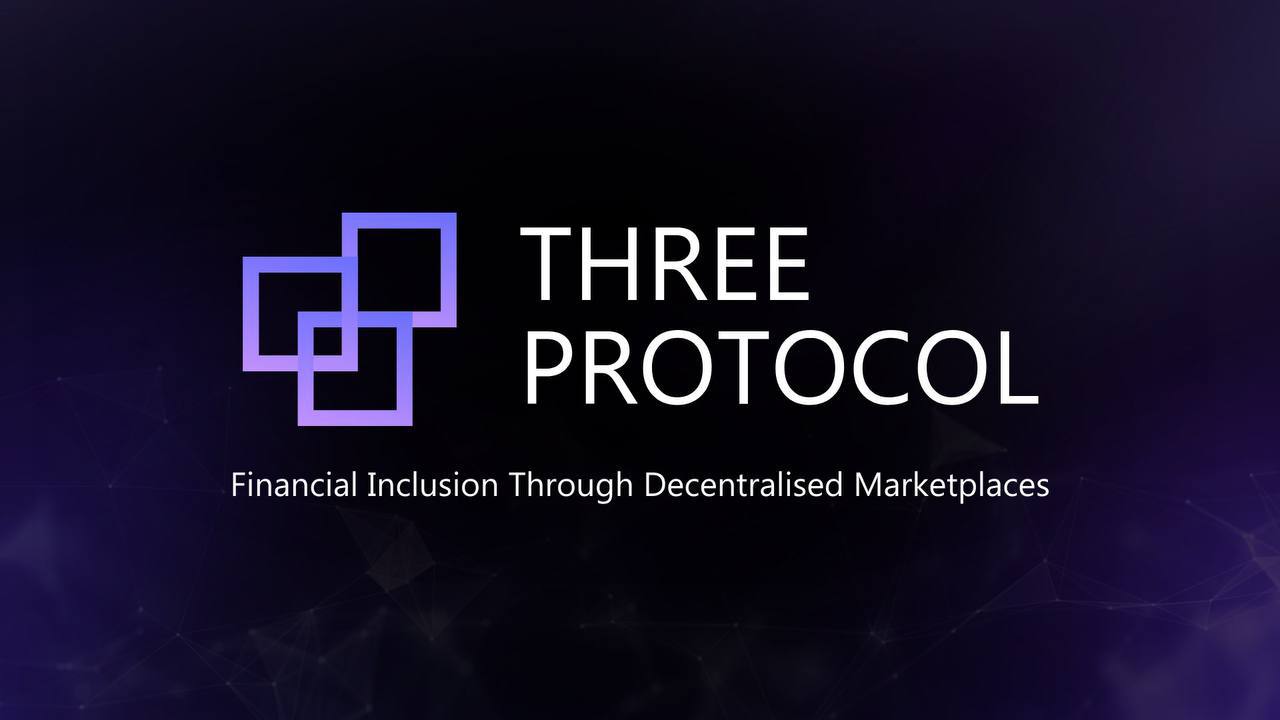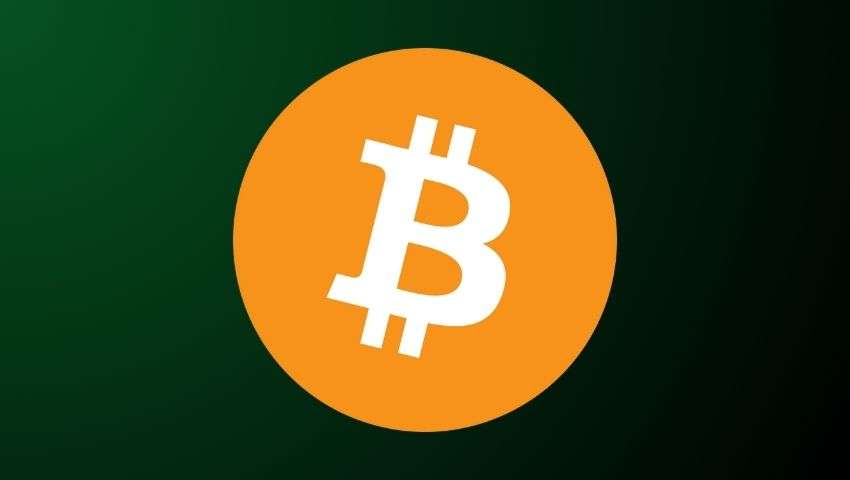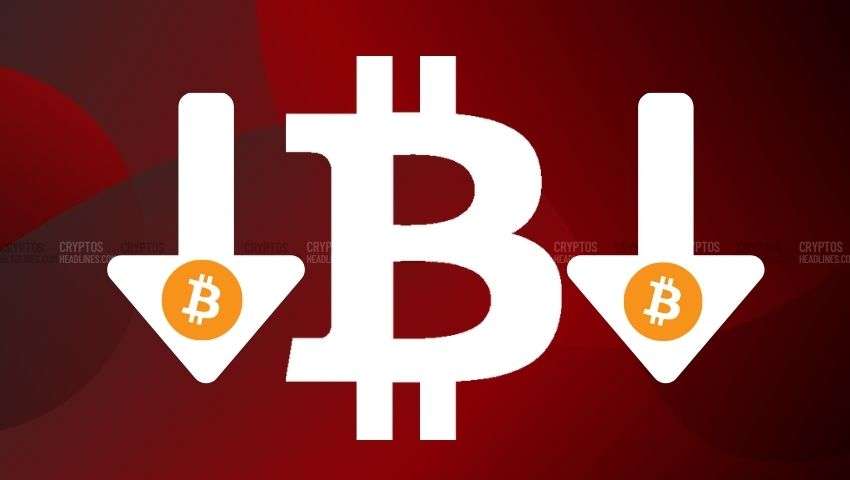- Zimbabwe’s central bank to sell digital tokens backed by gold at different prices for individuals and corporations.
Zimbabwe’s central bank will start selling its gold-backed digital currency to investors from May 8. The bank has announced the selling price of its digital tokens – $10 for individuals and $5,000 for corporations and other entities.
The Reserve Bank of Zimbabwe released a statement on May 4, saying that the gold-backed digital tokens will be sold in both U.S. dollars and local currency. But the local currency price will be 20% more than the willing-buyer willing-seller interbank mid-rate. Interested investors can purchase the tokens from May 8 to May 10.
The willing-buyer willing-seller interbank mid-rate is the exchange rate at which banks buy and sell currencies to each other. It’s a midpoint between the buying and selling rates based on the market’s supply and demand. This rate is commonly used as a benchmark in financial transactions, and often as a reference rate for exchange rates quoted by banks and other financial institutions.
On April 28, the Reserve Bank of Zimbabwe shared its intention to launch a new digital currency that is backed by gold, which will be considered legal tender within the country.
Zimbabwe is introducing gold-backed digital tokens to support its local currency, which has fallen 37% against the U.S. dollar on the official market this year.
In March, the Monetary Policy Committee approved the plan to introduce gold-backed digital tokens as legal tender in Zimbabwe. This comes eight months after the country introduced gold coins to support the local currency.
According to Bloomberg, the Zimbabwean dollar is officially quoted at 1,001 against the U.S. dollar, but on the streets of Harare, the capital city of Zimbabwe, it is commonly exchanged at a rate of 1,750.
Zimbabwe has been struggling with currency instability and high inflation rates for more than a decade. After a period of hyperinflation, the country adopted the U.S. dollar as its currency in 2009. In 2019, the Zimbabwean dollar was reintroduced in an attempt to revive the struggling economy. However, due to rising prices, the government switched back to using the U.S. dollar in 2022.
Nigeria launched its own digital currency named eNaira in 2021, making it the first African country to have done so.


